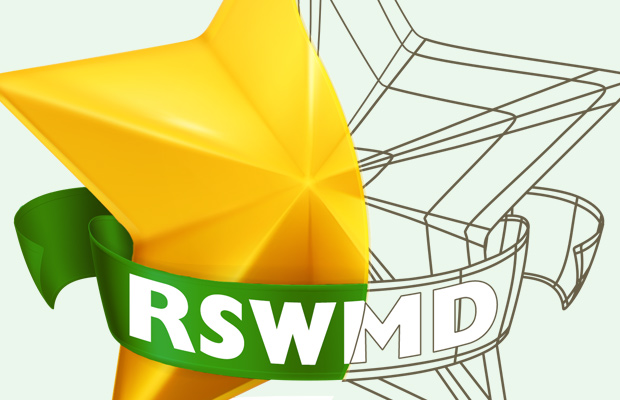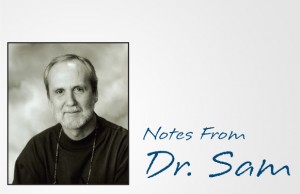Building The Framework For A 5-Star Future

Forty is a significant number to Saline County Solid Waste District Executive Director Mike Grappe. It’s not a relevant number to any recycling program currently under his direction, nor is it a goal for any one sustainable or green initiative he’s looking to launch in Saline County.
Instead, the number 40 is connected to a measure of time—years to be exact. That’s how long Grappe says it will take the Saline County Regional Solid Waste Management District (RSWMD) to educate and instill consistent sustainable practices for all county residents.
“We are a state agency whose responsibility is to manage the recycling and solid waste program in our district,” he said. “Right now, we’re looking at some of the more common problems people don’t always consider.”
Toward achieving that goal, the RSWMD spends approximately $100,000 each year in educational programs targeting school children. “There are no shortcuts in this program,” he said. “What we teach our children today will eventually get to the level of what we’re trying to achieve, which is the majority of our people recycling, reusing and reducing waste.”
Among the programs in schools, Grappe says the RSWMD holds contests, calling upon the students’ creativity and vision of how they see sustainable living. “We take the winners that are selected and use them in a coloring book. We put their message in the book and pass it out throughout the District to all children. It’s a message they generate themselves.”
Grappe says the RSWMD has also launched “Green” teams in area schools that compete for various scholarships and grants. It also partners with programs for the local Boys and Girls Club, but perhaps the biggest draw is Smarty, the agency’s fox mascot.
“Smarty is constantly in the schools providing educational lessons,” he said. “We just did a video with the Benton High School choir with a recycling theme for, ‘What Does The Fox Say?’ We like to show that to the schools we visit.
“At Christmas, we had Smarty on the back of the float, and he was bigger than Santa Claus,” Grappe added. “Everyone loves Smarty. All the kids know who he is.”
While the themes are currently geared toward children from kindergarten through high school, Grappe contends the broader message carries with it much more importance.
Among the current challenges, the RSWMD is assisting with improved practices at the Saline County Landfill. “When we sold the landfill to Republic in 2012, they had 12 years a capacity left. Since then, they’ve expanded the life of the landfill through newer technology, better control and have recently purchased new land for expansion.”
In the past two years, RSWMD has also teamed up with Republic and Terry’s Waste for improved curbside recycling programs. But don’t be misled. Grappe says the intentions of the RSWMD aren’t confined to just recycling aluminum cans or composting (which can be expensive). They’re exploring multiple avenues of recycling, a few you may not have previously considered.
For instance, how do you get rid of used mattress? Why do you throw it into a landfill instead of recycling or reusing it, and why don’t organizations like the Salvation Army or Goodwill take them?
“The reason why you cannot donate used mattresses is because the federal government has so many strict regulations on what has to be done to make them re-sellable again,” Grappe said. “It makes it financially impossible to do.”
So the RSWMD is looking at ways to still get use out of what would previously be a huge piece of discarded trash.
“We have a program currently looking at ways to grind up the mattresses and then use them as fuel,” he said. “You can grind up the mattresses, convert them into large bales that you throw into a boiler.”
Another program involves research through Arkansas State University using discarded grass clippings and leaves. “They’re researching ways to convert those materials into a product that is sprayed on a dry dirt patch that can then be used for growing.”
Grappe says woodchips are also being used in alternate ways, replacing good old fashion dirt as coverage in places like the landfill.
“The cost for bringing dirt into the landfill to cover trash is $5/yard,” he said. “By using woodchips from trees and downed limbs, the cost is essentially free. It saves us hundreds of thousands of dollars per year.”
The RSWMD is funded through a portion of gate fees to the landfill and state grants. It’s a program still in its early stages, and while it may meet some resistance along the way, Grappe says he’ll remain committed to his cause.
“Our job is to provide some of those opportune programs and let people decide if they want to use it,” he said. “Some will do it, and others will not. But I’m thinking longer term, and while I may not win today, I will win the long-range battle.”
For more information on the Saline County RSWMD, visit their web site at www.salinecountyrswmd.com.









0 comments